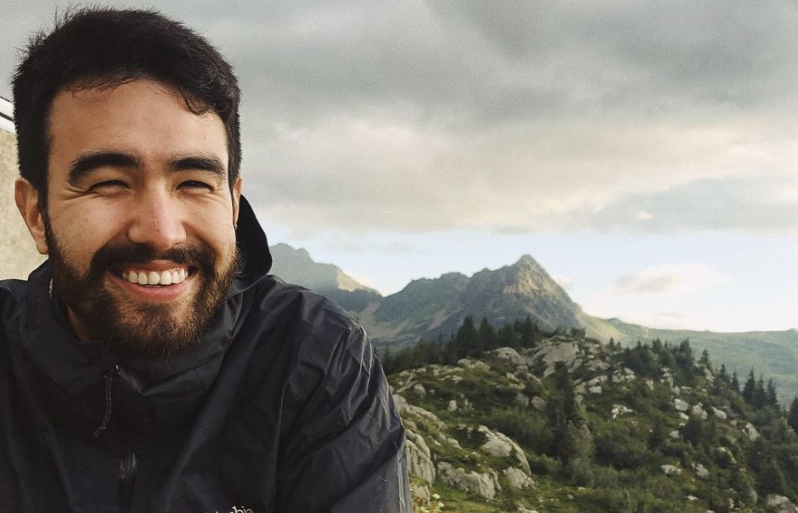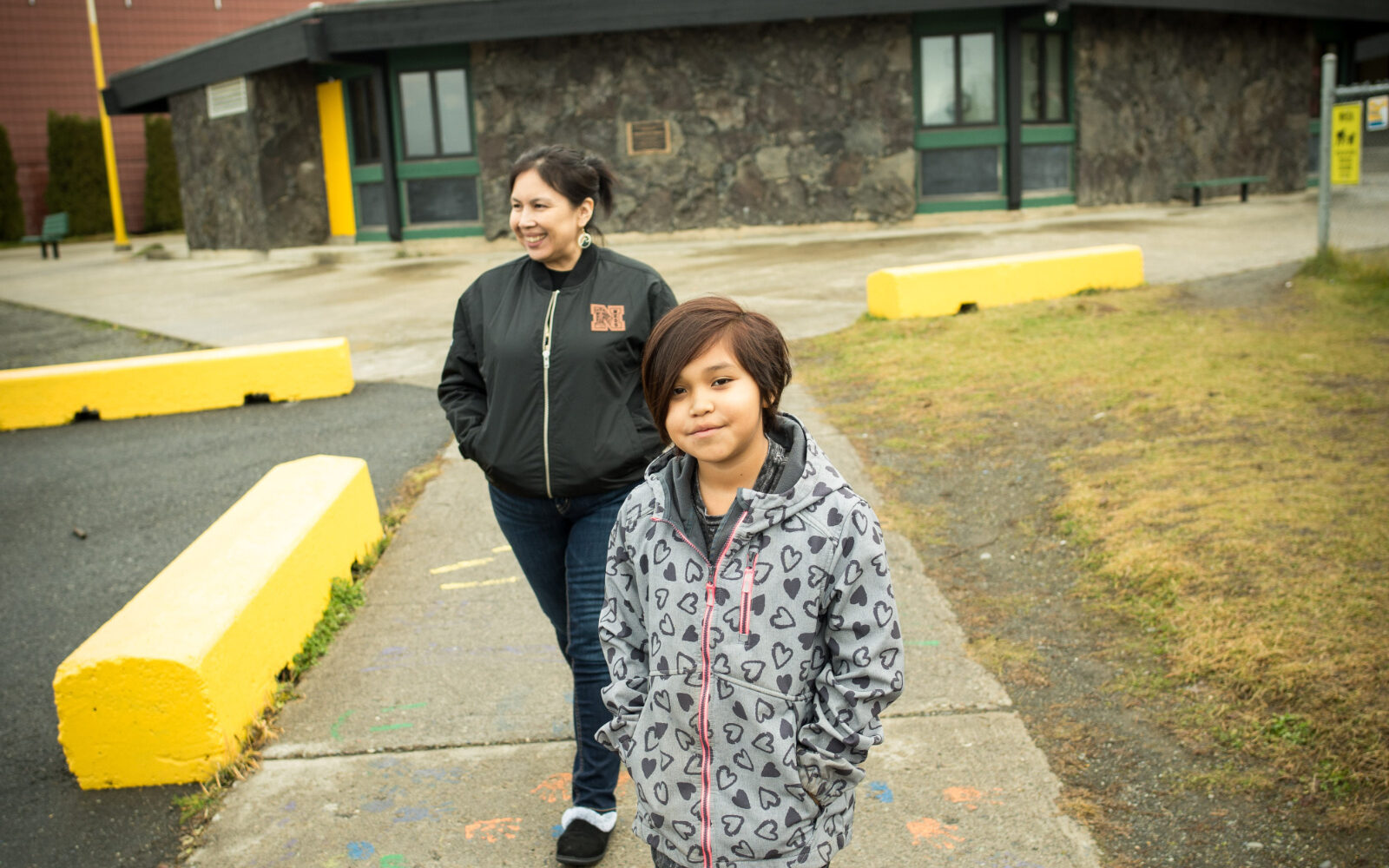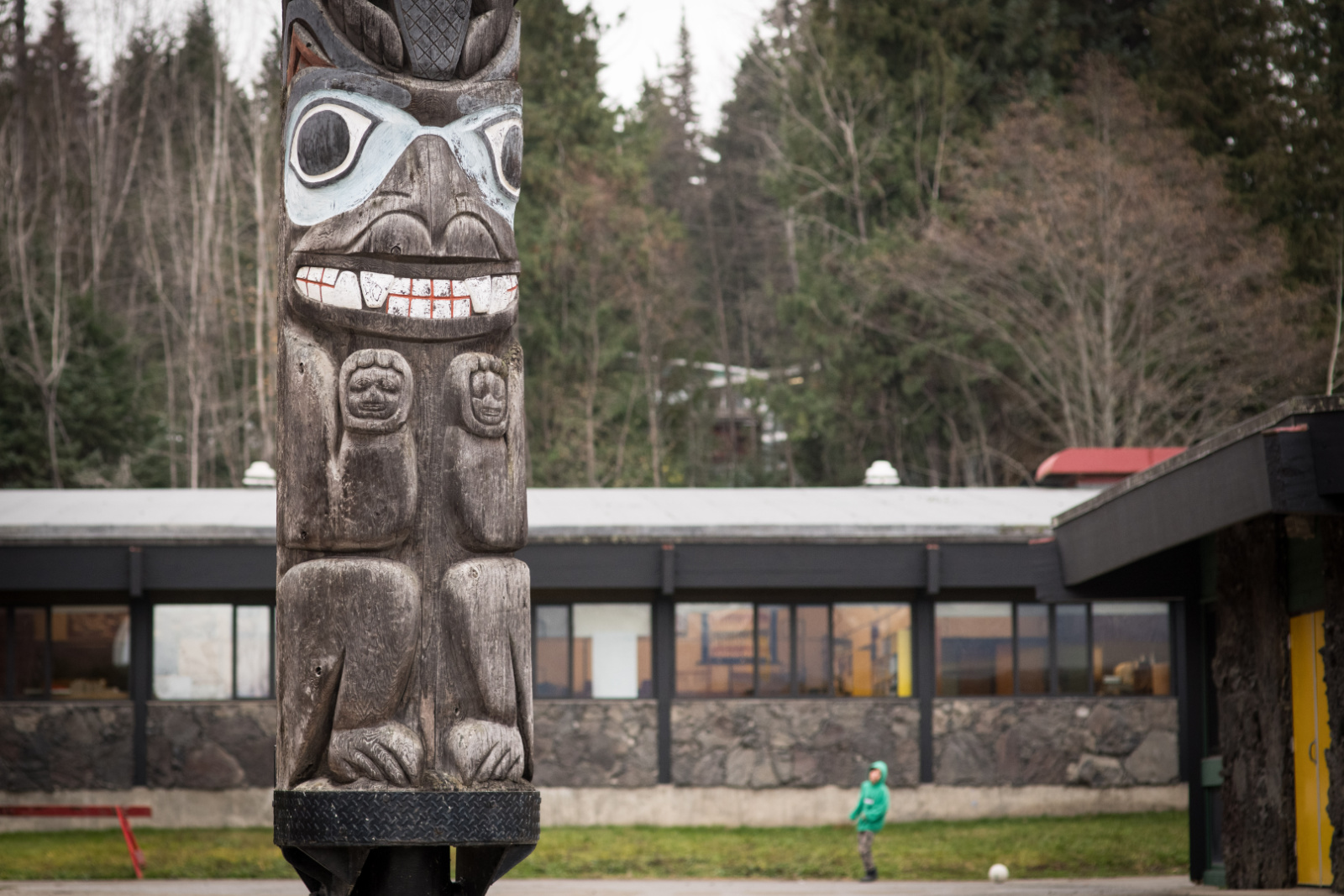Teaching in BC's North: Small Communities, Big Impact!
'It's great working in a small school in a small community. You get to know every single student, and you have a lot of agency in how you develop your curriculum.' – Nisga'a teacher Nick Teramura
Toronto-raised UBC grad Nick Teramura teaches in Nisga'a in the gorgeous Nass Valley. Nick shares his experience as a first-year teacher in an area home to the Nisga'a Nation. Learn what drew Nick to this small community full of big adventures.
Where were you born and raised?
I was born and raised in Toronto, Ontario.
Where did you attend post-secondary?
I went to the University of Guelph for first and second year before transferring and finishing my BA at the University of Toronto. I got my BEd from UBC.
Did you always plan to start your career in a remote or small community?
Not necessarily. My partner and I wanted to move somewhere for the first few years after graduating from the BEd program. New Zealand, Australia, England, and the Territories were also on the short-list.

What do you love about working in a small community?
It's great working in a small school in a small community. You get to know every single student, and you have a lot of agency in how you develop your curriculum. As the only secondary social studies teacher in the school, I can take classes in any direction I want without having to navigate the internal department bureaucracy of bigger schools.
What are the challenges (if any)?
The downside to working in such a small school is the limited access to peers. As the only social studies teacher, I don't have any colleagues to collaborate with.
What's the thing you love the most about teaching in general?
For me, the best part about teaching is the opportunity to be a positive influence in a young person's life. For many students, school can be a very negative experience. But as a teacher, you have the chance to make students' days every day and inspire them to get more out of their education.
Is there anything specific that you like about teaching the BC curriculum?
The BC social studies curriculum is very content-agnostic, which allows me to craft units/courses that specifically resonate with my students without losing sight of the curricular competencies.
Do you have a story or an example that shows what makes it unique to teach in a small community?
I know every high school student at the school. I can tell when any of them are having a bad day or are otherwise acting differently. And I am not unique among the teachers here. There's a wonderful feeling knowing that so many well-intentioned and supportive adults are so well-connected to the students at the school.

Is there anything else you want to say about teaching in the North or the RRED program that I haven't asked?
I think all teachers strive to have the greatest possible positive impact on their students' lives. However, if you work in an urban district with plenty of teachers, your impact is only ever going to be about as big as the average teacher (maybe a bit higher if you're a great teacher).
But if you work in the North, where there is an acute teacher shortage, your impact is going to be infinitely greater than the empty seat that would be in your classroom if you weren't there. In my BEd, I learned a lot about the different 'hows' and 'whys' of teaching.
How is one form of assessment better than another? Why does expectation-setting improve classroom management? But we never talked about the 'where.' Ironically, it's the 'where' that has the biggest influence on a given teacher's ability to make a future. More teachers should consider their marginal impact and the difference it makes in students' lives.
Ready to make an impact in Northern BC?
For more information about teaching opportunities in BC's north, email [email protected].
Find your calling at Nisga'a School District #92
